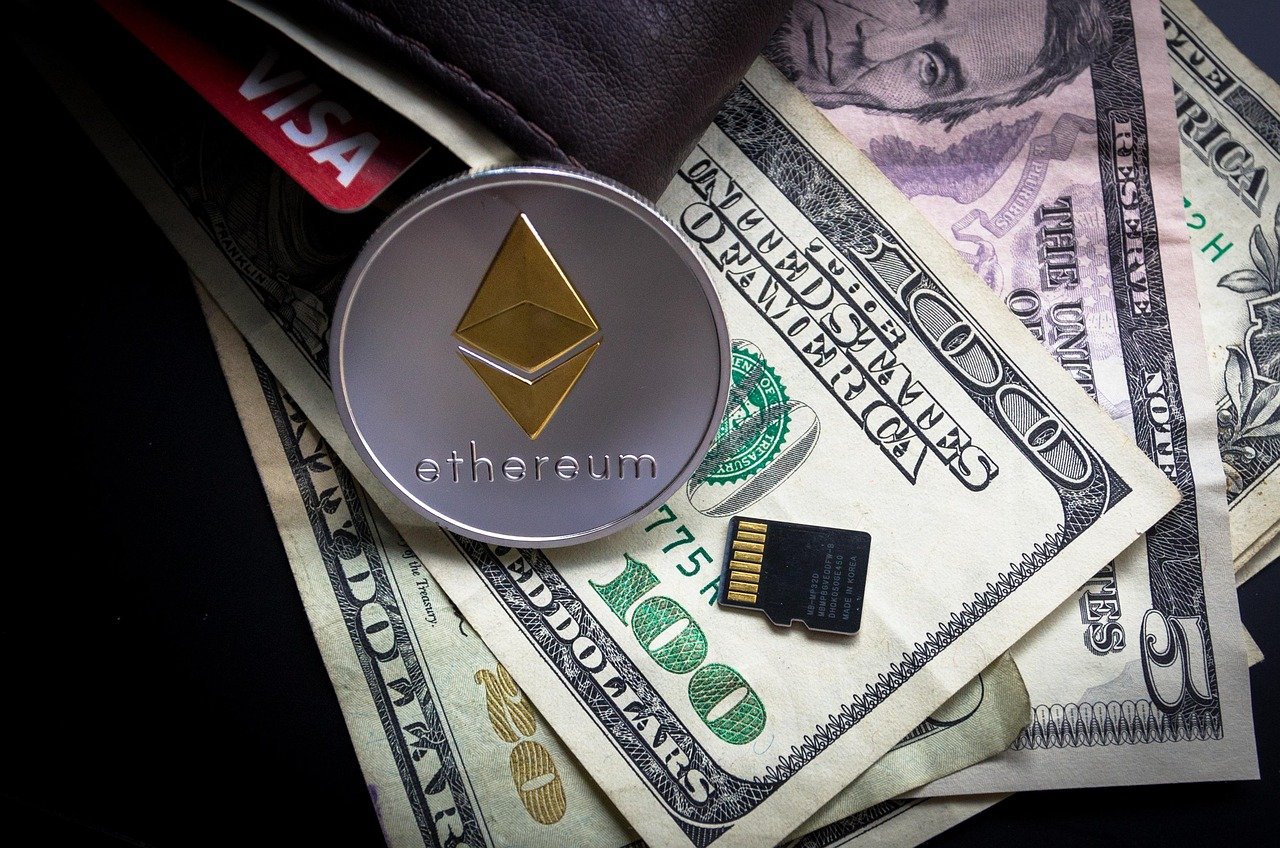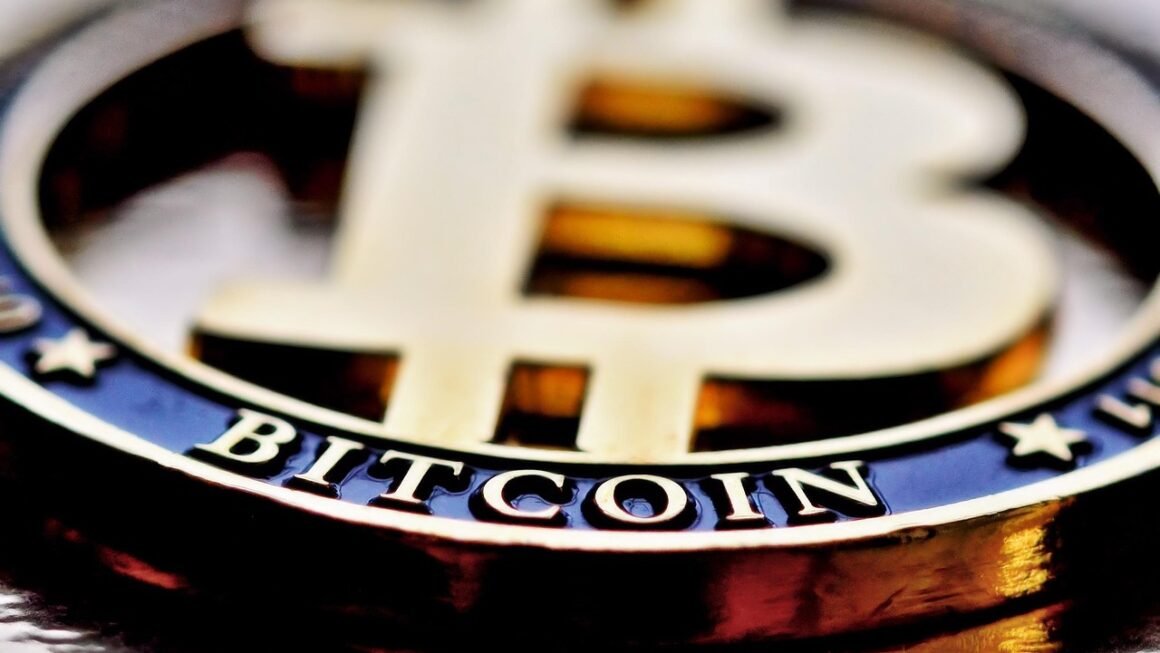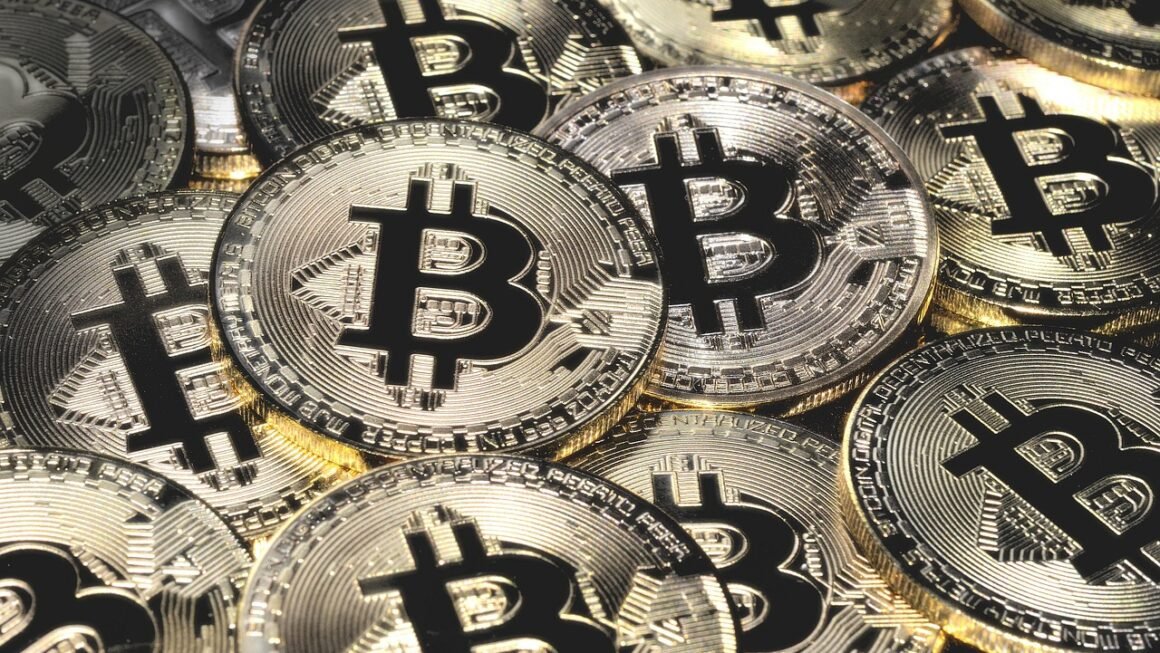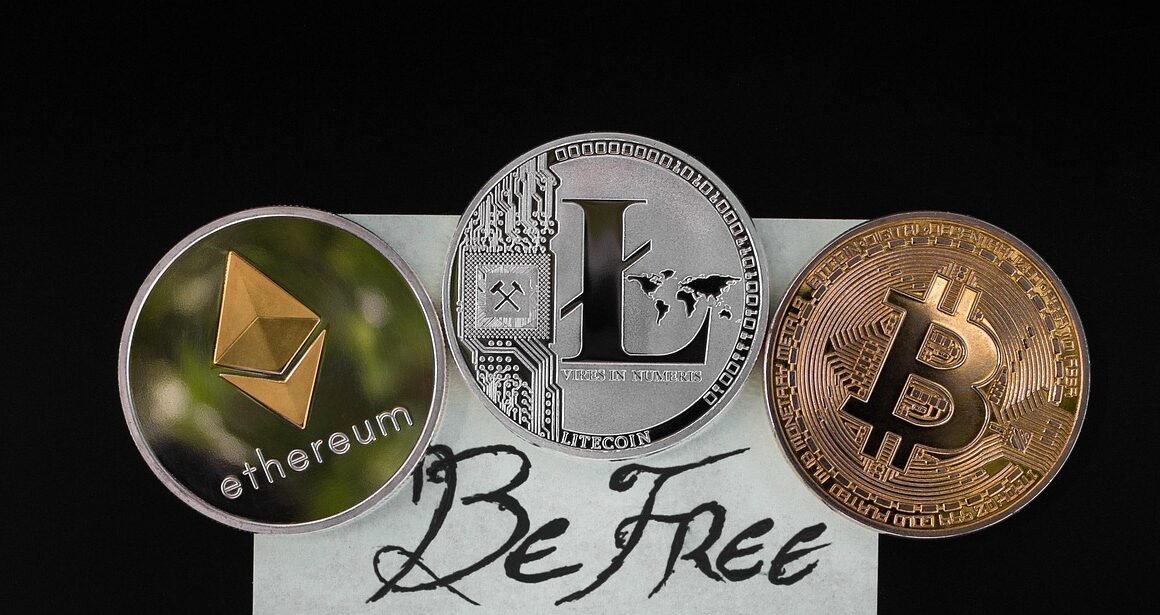Governance tokens are reshaping the landscape of decentralized organizations and applications. These digital assets empower holders to participate in decision-making processes, influencing the future direction of projects they support. Understanding governance tokens is crucial for anyone involved in the crypto space, whether as an investor, developer, or active community member. This guide dives deep into the world of governance tokens, exploring their functionality, benefits, and real-world applications.
What are Governance Tokens?
Defining Governance Tokens
Governance tokens are cryptocurrencies that grant holders the right to vote on proposals and decisions related to a specific blockchain project, protocol, or decentralized autonomous organization (DAO). Think of them as digital shares that give you a say in how the company (or in this case, the project) is run.
Unlike traditional stocks, governance tokens are typically tied to on-chain voting mechanisms, making the decision-making process transparent and verifiable. The weight of a holder’s vote is usually proportional to the amount of governance tokens they hold.
Key Features of Governance Tokens
Governance tokens boast several important features that contribute to their functionality and appeal:
- Voting Rights: This is the core feature. Holders can vote on proposals, ranging from protocol upgrades to community fund allocation.
- Proposal Submission: In many DAOs, governance token holders can also submit their own proposals for consideration by the community.
- Decentralized Decision-Making: Distributes power away from a centralized authority and towards the token holders.
- Transparency: All voting activities are recorded on the blockchain, ensuring transparency and accountability.
- Incentive Alignment: Aligning the incentives of token holders with the long-term success of the project. Since token holders directly benefit from the project’s success, they’re incentivized to vote in ways that benefit the overall health of the ecosystem.
Benefits of Governance Tokens
Advantages for Projects
Implementing a governance token structure offers several advantages for blockchain projects:
- Decentralization: Shifts control from a central team to a community of token holders, reducing the risk of single-point failures and improving resilience.
- Community Engagement: Encourages active participation from community members, fostering a sense of ownership and shared responsibility.
- Faster Innovation: Allows for quicker iteration and adaptation based on community feedback and proposals.
- Transparency and Trust: Builds trust with users by providing visibility into the decision-making process.
Advantages for Token Holders
Governance tokens also offer several benefits to their holders:
- Influence: Gives token holders a direct voice in shaping the future of the project.
- Potential for Financial Gain: Successful projects can increase the value of the governance token, rewarding holders for their participation and investment.
- Community Membership: Fosters a sense of belonging and participation in a vibrant community.
- Access to Information: Provides access to privileged information and insights regarding project developments and future plans.
How Governance Tokens Work: A Practical Example
The MakerDAO Model
MakerDAO, the organization behind the DAI stablecoin, provides a compelling example of how governance tokens function in practice. MakerDAO utilizes its governance token, MKR, to allow holders to vote on various aspects of the DAI stablecoin system, including:
- Stability Fees: Adjusting the fees charged on loans used to generate DAI.
- Debt Ceilings: Determining the maximum amount of DAI that can be created.
- Collateral Types: Adding or removing collateral types that can be used to back DAI.
- Risk Parameters: Setting risk parameters for each collateral type.
MKR holders propose and vote on changes to these parameters, ensuring the stability and resilience of the DAI stablecoin. The voting process is transparent and recorded on the Ethereum blockchain.
Process Breakdown
- Proposal Creation: A MKR holder (or a designated core unit) creates a governance proposal detailing the suggested change.
- Community Discussion: The proposal is then discussed within the MakerDAO community through forums, calls, and other communication channels.
- Voting: MKR holders cast their votes for or against the proposal. The voting power is proportional to the amount of MKR held.
- Execution: If the proposal receives sufficient support, it is executed automatically through smart contracts.
Potential Challenges and Risks
Participation Bias
A common challenge is low participation rates. Often, a small percentage of token holders participate in voting, potentially leading to skewed decisions that don’t reflect the broader community’s interests. Furthermore, wealth distribution can lead to a situation where a small number of large token holders control the majority of the voting power, effectively centralizing decision-making despite the intention of decentralization.
Governance Attacks
Another risk is the possibility of “governance attacks,” where malicious actors acquire a large number of governance tokens to manipulate voting outcomes for their own benefit. This could involve exploiting vulnerabilities in the voting mechanism or colluding with other token holders to gain control.
Complexity
Implementing and managing a decentralized governance system can be complex and require significant technical expertise. Projects need to develop robust voting mechanisms, ensure security, and effectively communicate with their community.
Mitigating the Risks
Several strategies can be employed to mitigate these risks:
- Delegated Voting: Allows token holders to delegate their voting power to trusted representatives who are actively engaged in the community.
- Quadratic Voting: A voting system where the cost of each vote increases quadratically, making it more expensive for a single actor to dominate the voting process.
- Time-Locked Governance: Requires a waiting period before changes approved by the community are implemented, providing time to identify and address any unforeseen consequences or malicious attacks.
- Community Education: Educating token holders about the importance of active participation and responsible voting.
The Future of Governance Tokens
Evolving Role in DAOs
Governance tokens are poised to play an increasingly important role in the future of DAOs, enabling more decentralized and community-driven decision-making processes. As DAOs mature and become more complex, we can expect to see further innovation in governance mechanisms and the development of new tools and platforms to facilitate community participation.
Integration with DeFi
Governance tokens are also becoming increasingly integrated with the decentralized finance (DeFi) ecosystem, allowing token holders to participate in the governance of DeFi protocols and influence the direction of the industry.
Regulatory Landscape
The regulatory landscape surrounding governance tokens is still evolving, and it’s important for projects and token holders to be aware of the legal and regulatory implications of participating in decentralized governance. As the industry matures, we can expect to see clearer regulatory guidelines emerge, which will help to foster innovation and promote responsible participation.
Conclusion
Governance tokens represent a powerful tool for decentralizing control and empowering communities within the blockchain space. While challenges and risks exist, the potential benefits of increased transparency, community engagement, and faster innovation make governance tokens a vital component of the future of decentralized organizations and applications. By understanding how governance tokens work and actively participating in decentralized governance processes, individuals can play a meaningful role in shaping the future of the blockchain ecosystem.



